
Sustainable Tourism
At Lloyd Langford Expedition Training we aim to hold ourselves to a high ethical standard when using the outdoor locations and destinations for the courses, expeditions and projects we run. When we use locations there are several considerations we approach to assess the viability, practicality and sustainability of the places that we utilise for our activities.
Leakages:
A leakage is where money has been taken out of circulation within the location that items or services would be purchased. This means the local communities that are in use would not be supported or benefited by financial transactions. This is a global issue; however here at Lloyd Langford were doing our part to reduce the lead factor’s impact on small business and local communities.
We use local campsites, hostels and bed and breakfasts which directly funds local business in the communities that we use. When food is provided upon courses and expeditions it is only purchased from local supermarkets, independent stores and local producers.
Alongside our own staff we regularly work with local guides and instructors, and by doing so whilst treating them and their region with respect, we encourage a continuing positive host and guest relationship.
Access:
Host and guest relationships are very important when using the outdoors, as a significant percentage of our countries landscape is privately owned either by a National Park or an individual. In order to keep the people who own the land happy and to ensure that we and others can continue to keep using the outdoors we always make sure we keep to the national and local access laws.
- Keeping to public rights of way and paths
- Using designated launch and landing points
- Paying for use of centres, responsibly acquiring access to land and encouraging the use of honesty boxes
- Using crags that are owned by the British Mountaineering Council, or those that are on access land meaning we have the right to use them, and not using any that are privately owned
- Using local guides and instructors that understand the best locations to use
- Staying at official campsites or keeping to the camping laws and best practice of the area we are using, for example ‘out of sight, out of mind’
Sustainability:
Sustainability is a long term goal where we look after the environment that our company uses, not only allowing us to continue using the rivers, footpaths and rock faces, but allows us to preserve these locations for other users and future generations.
We use designated launch points for all paddling courses and expeditions to reduce the corrosion of banks, this also helps to reduce sediment in the rivers we use and keeps them cleaner. We use carefully selected climbing venues and recommend that all clients wipe their shoes before climbing to help keep the cliff faces intact. When on hikes we stick to the public rights of way and paths as much as possible to limit the amount of footpath erosion, however when walking off paths we spread the group out in order to reduce concentrated erosion. Using different locations for our activities reducing over use of one area
Recycling and Reduction of Litter:
We believe that our business should be following the best practice of recycling, reusing and supporting the reduction of litter and waste going to landfill sites. Being actively involved in the outdoor industry we have applied the saying ‘take only photographs and leave only footprints’ to all we do.
As we use the outdoors as our workspace we take a serious attitude to keeping it clean, therefore we regularly perform litter picks on activities, often turning this into a competition to help our groups understand the impact of littering, but activity picking it up when found. We regularly offer a prize for the group or individual that picks up the most litter when out on either a course or expedition, this varies from group to group and how involved they want to get with this, however our instructors are always trying to reduce the amount of litter in the natural environment.
In our office all of our wastage that can be recycled is, this includes; glass, cardboard, paper and plastic. However, if we can reuse any waste we try to do this first even if that means simply turning over used paper to make notes on.
Decommissioned equipment is reused, donated or up cycled wherever possible.
If you would like more information or to ask any questions about our commitment to sustainable and responsible tourism and use of the outdoors please don’t hesitate to get in touch.
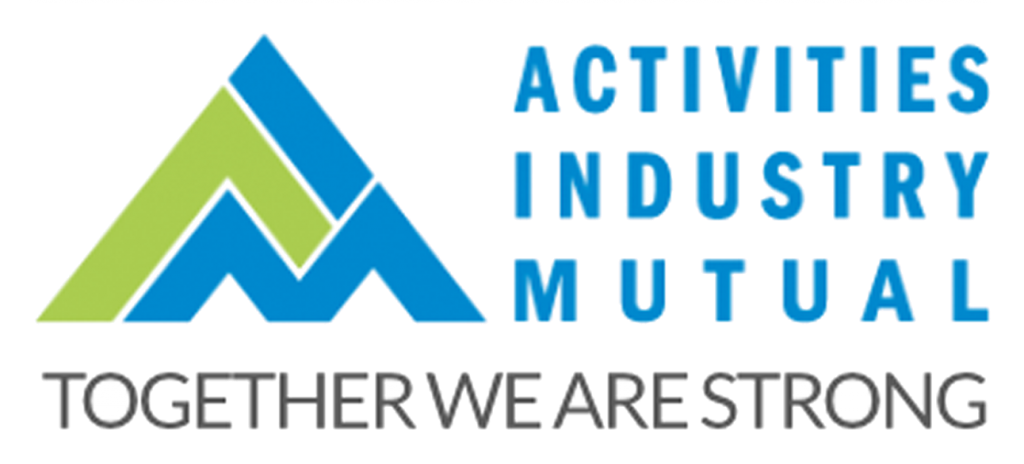
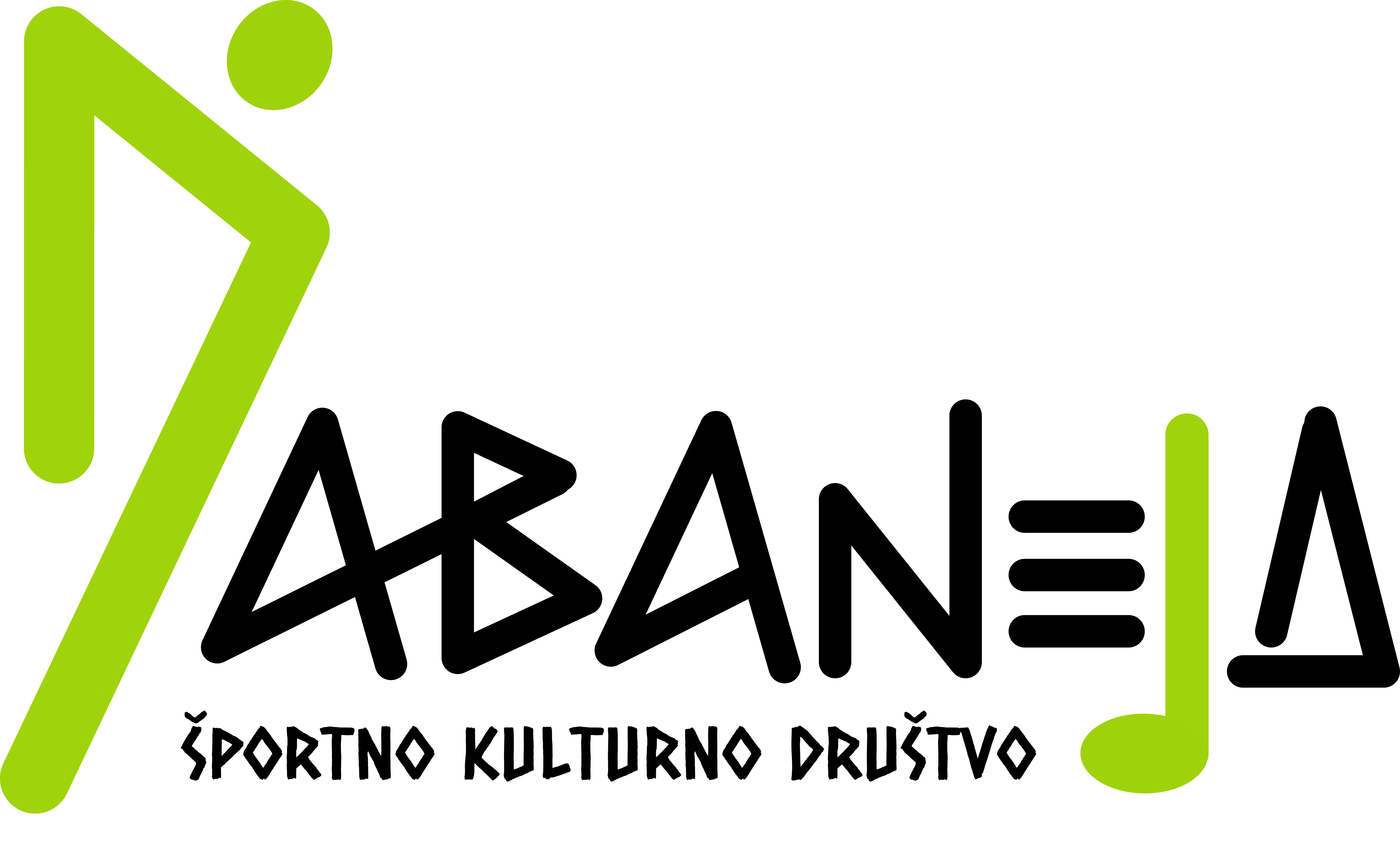
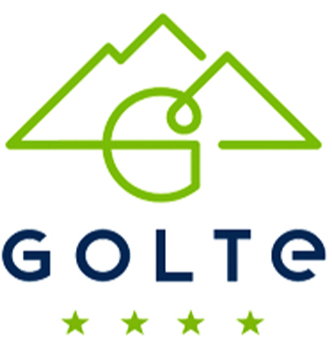
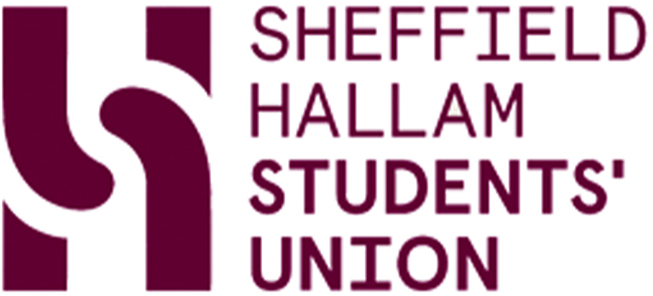


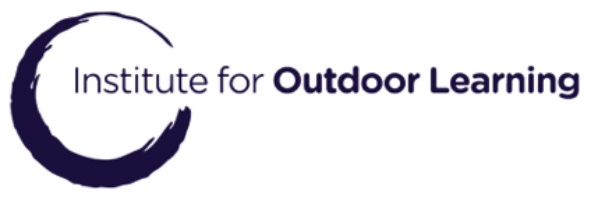

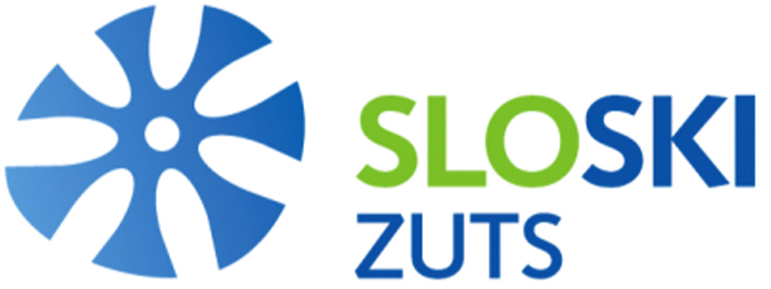

CONNECT WITH US
For the latest offers and information on our courses!
Facebook
Instagram
Twitter